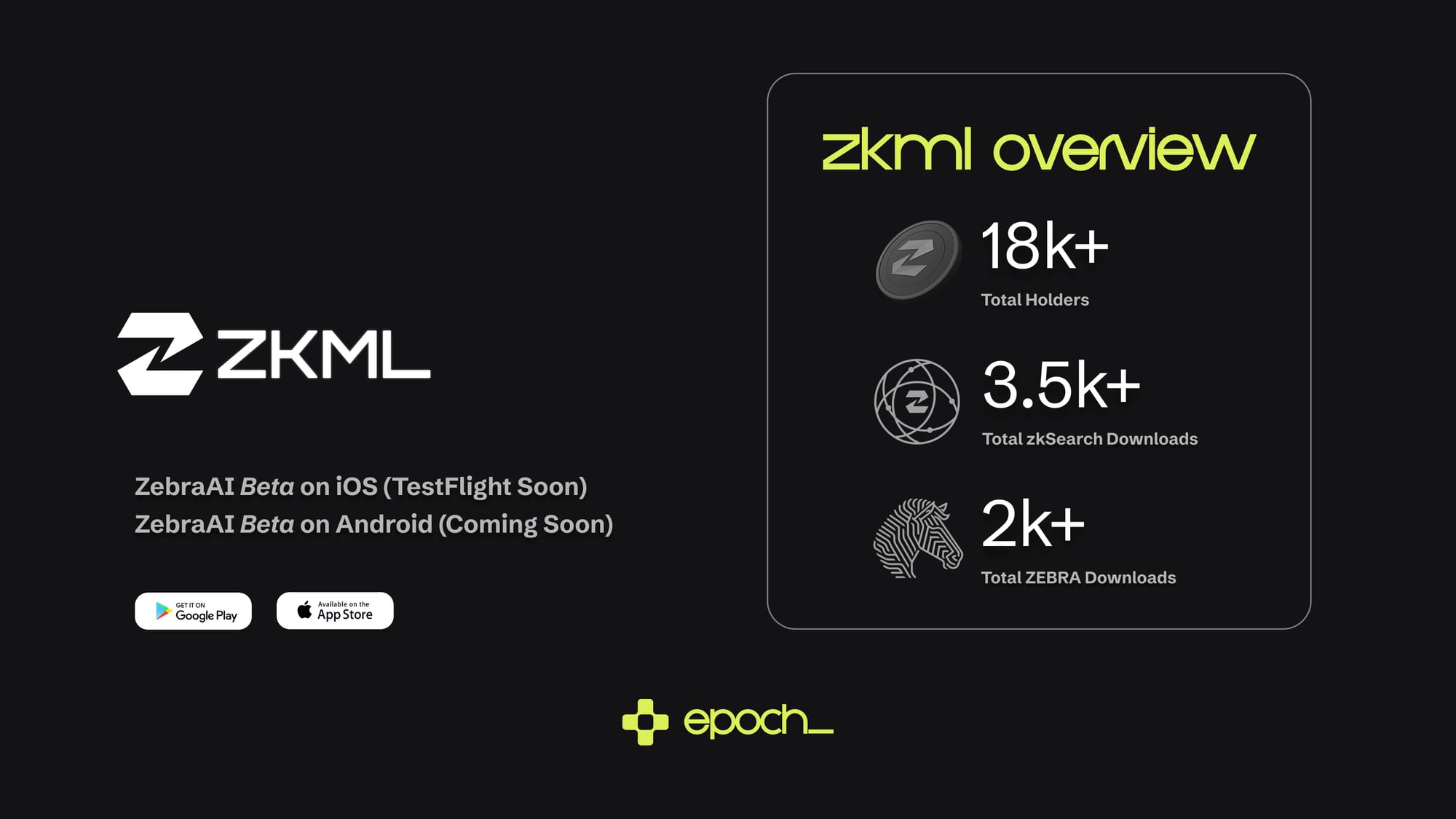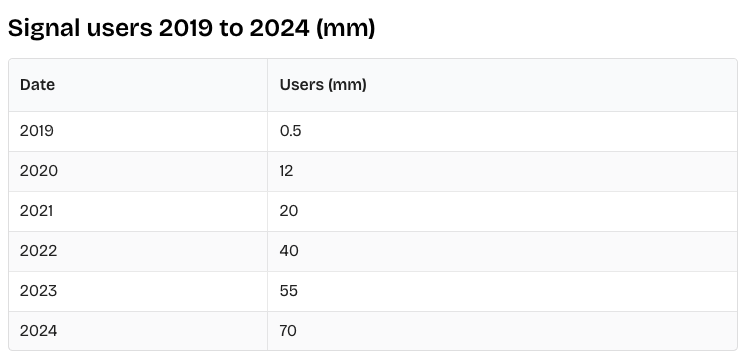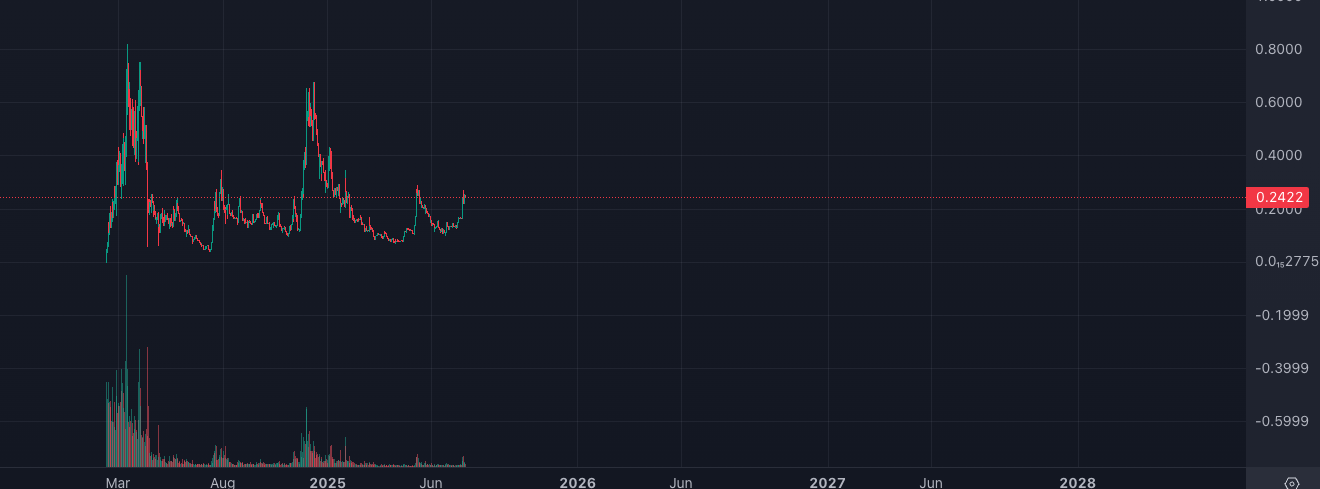zKML: the Trojan Zebra of Privacy

Blockchain technology was designed with the goal of enabling digital transactions in a transparent, secure and immutable way, all while achieving decentralization. Although blockchain’s transparency enables reliable and verifiable data sharing fostering trust, fairness and security, it also comes with a downside: the exposure of all information to the public eye.
Public blockchains display all transactions and wallet addresses, offering only pseudonymity rather than true anonymity. While this may appear private on the surface, analytical tools and blockchain forensics can easily link wallet addresses to real-world identities. As a result what is often perceived as private is in reality anything but private.
The loss of anonymity on public blockchains is only a small part of a much larger problem. Across the internet vast amounts of data are being silently collected, indexed and stored. Not only through blockchain interactions but through nearly every digital step we take. Each question we ask through a search engine or an AI-powered assistant can be stored and processed to build digital profiles and map behavior.
The same goes for messaging. Many believe their chats are private, but in reality popular messaging platforms usually store chats on centralized servers. Conversations that were supposed to be personal become archived and potentially accessible to third parties, authorities and/or administrators. Even with encryption the messages often remain exposed.
End of June 2025, Whatsapp messaging service has been banned on all US House Of Representatives devices. This decision was made due to a lack transparency in how it protects user data, the absence of encryption for stored content, and the potential security risks involved with its use.

In today’s digital landscape the issue is no longer about who controls the data but about preventing collection in the first place. Every click, message and interaction is at risk of becoming part of a permanent record. While transparency builds trust, true privacy and anonymity can only be achieved when data is never stored to begin with.
Enter zKML
zKML: the privacy ecosystem
Traditional blockchain platforms use transparent ledgers. All transactions and wallet addresses are publicly accessible online. Activity can be traced by anyone with an internet connection, exposing users to privacy risks as transactional surveillance, identity theft and data breaches. zKML aims to provide a solution to these privacy related problems.
zKML is building a privacy-first ecosystem. Every product is built with anonymity, security and sovereignty at it’s core. They have rebuilt the digital stack from the ground up, combining different important aspects:
- Cutting-edge cryptography
- Cross-chain interoperability
- Anonymous infrastructure powered by the Anon Network
- Secure and accountless acces to the different tools designed by zKML
Since their launch in 2024 zKML has designed and built different applications, all with privacy as the main subject:
- Zebra - encrypted, wallet-optional messaging app
- ZkSearch - anonymous browser and search interface
- ZWAP - cross-chain private swap engine (XMR, $ANYONE, IP-hidden)
- Lenz AI - compliance and risk analysis tool
Just like Zebra, ZkSearch is routed through the Anon Network. It is a private browser with a built-in VPN. IP addresses of users are first hidden by zKML’s server and then further anonymized by Anon traffic routing.
Both Zebra and ZkSearch are the flagship products of zKML. Having a messaging app like Zebra competing with Signal and ZkSearch with Tor, zKML is showing they want to take over the whole privacy space.

Zebra vs Signal: the Trojan Horse
Signal has more than 220 million downloads so far. Most recent data (2024) shows that Signal had 70 million users in 2024. The graphic below indicates a strong trend in usage of the privacy messaging app.

Zebra is a secure messaging app built on the Anon Network. Originally forked from Signal, it has since been completely rebuilt using its own codebase. This was done to eliminate the limitations of legacy technologies and return full control to users. Zebra is not built on top of third-party APIs or reused logic, making it a fully independent platform.
As outlined earlier in this article, the importance of messaging privacy cannot be overstated. Zebra positions itself as a direct competitor to Signal, which, based on current data, is the most widely used private messaging app in the world. However, Zebra offers a level of privacy that Signal does not, for example, Signal stores certain metadata, whereas Zebra does not. Additionally, Zebra allows users to log in with their crypto wallet instead of relying on SMS verification like Signal.
The zKML team is focused on delivering an improved user experience in Zebra v2. While Signal, as a nonprofit organization, doesn't have a market valuation, its increasing adoption suggests rapid growth ahead. Given Signal’s reputation for strong privacy features, Zebra’s upcoming v2 release could act as a "trojan horse" for mainstream adoption, by combining enhanced privacy with a more user-friendly experience.
ZKML: The Token
zKML creates a deflationary effect by using generated revenue to buy back $ZKML tokens from the market and permanently burning them. With a growing user base the pressure on the supply grows too.
$ZKML holders also benefit from fee reductions on ZWAP. By holding $ZKML while swapping on ZWAP you can reduce your fees anywhere from 50% to 100%, depending on how much tokens you hold.
Conclusion
Privacy is no longer a luxury: it’s a necessity in the rising age of AI. As public blockchains and centralized platforms continue to expose user data, zKML offers a solution. By focusing on anonymity, decentralization, and user control, zKML is building a privacy-first ecosystem that goes beyond surface-level encryption.
With tools like Zebra and ZkSearch, zKML is directly challenging the biggest names in private communication and browsing (Signal and Tor). Their approach, rebuilding from scratch, avoiding third-party dependencies, and offering wallet-based access: sets a new standard in digital privacy.
As described, Signal is a non-profit organization, but it’s safe to say that if it were listed on the NASDAQ today, it would likely have a market cap of at least $1 billion, based purely on its downloads and user base compared to competitors (a very conservative estimate). At the time of writing, zKML's market cap sits at $21 million. Its flagship product is not only competitive with Signal, but also offers additional, more advanced applications like ZkSearch. Despite this, it trades at roughly 50 times less than Signal’s hypothetical valuation. This makes zKML a compelling investment opportunity.



